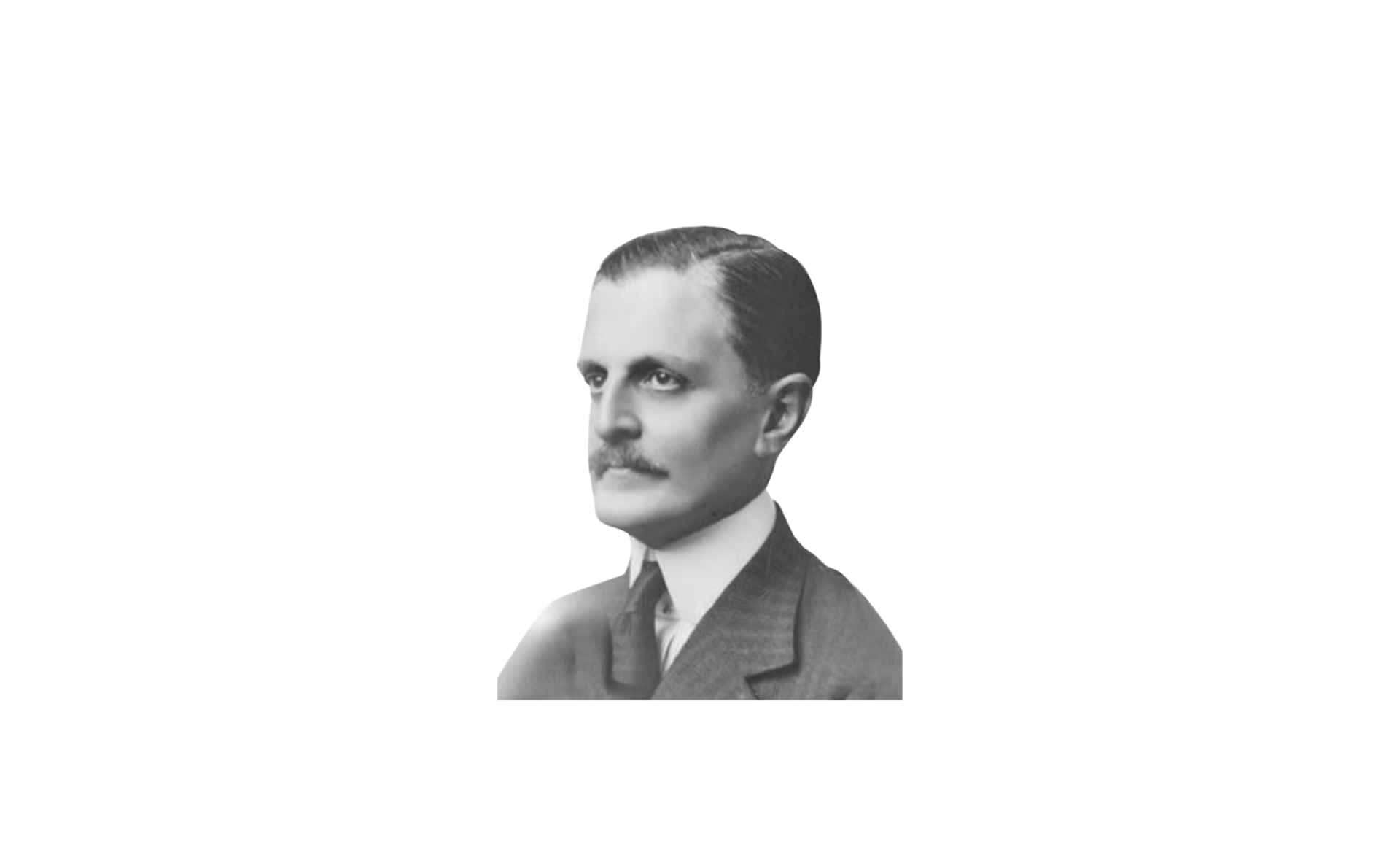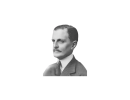Today marks the 88th anniversary of the awarding of the Nobel Peace Prize to Dr. Carlos Saavedra Lamas. This prominent Argentine jurist and diplomat became the first Latin American to receive this award, thanks to his role in the mediation of the Chaco War, a conflict between Bolivia and Paraguay between 1932 and 1935 that left more than 100,000 dead.
Carlos Saavedra Lamas was born in Buenos Aires on 1 November 1878 into a patrician family. His great-grandfather was Cornelio Saavedra, president of the First Government Junta in 1810. Graduated as a lawyer at the University of Buenos Aires, Saavedra Lamas specialised in International Law and Labour Law, leaving a deep mark in the academic field as a professor at the universities of Buenos Aires and La Plata, and then as rector of the UBA between 1941 and 1943.
In the political sphere, he was a national deputy (1908-1915) and Minister of Justice and Public Instruction during the government of Victorino de la Plaza. However, his greatest contribution was as foreign minister during the presidency of Agustín Pedro Justo (1932-1938), where he deployed a foreign policy that prioritised peace in the region. During the government of Marcelo T. de Alvear (1922-28), he intervened in the drafting of the Labour Code and proposed elevating the then National Labour Department to the status of a ministry. However, this did not become a reality until after the constitutional reform of 1949.
In 1928, he was the first Argentine to be appointed President of the International Labour Conference. At the end of his term as foreign minister - in which capacity he presided over the 1936 Pan-American Conference and the Assembly of the League of Nations, the predecessor of today's UN - Saavedra Lamas left politics.
The Chaco War arose out of territorial disputes between Bolivia and Paraguay, fuelled by the possibility of oil in the Chaco subsoil. Argentina, with Saavedra Lamas at the head of its foreign policy, positioned itself as a key mediator in this conflict. By means of the Buenos Aires Protocol signed on 12 June 1935, hostilities ceased.
In addition, Saavedra Lamas promoted the Anti-war Pact of Non-Aggression and Conciliation, signed by 21 countries in 1933, a treaty condemning the resolution of disputes by force. This initiative, together with his diplomatic leadership, earned him the Nobel Prize in 1936.
The Nobel Prize, however, was not without controversy. President Justo felt that he also deserved the award for his political role during the conflict. This tension marked a rift between the two. The award ceremony was held in private at the Chancellor's house, to avoid further sensitivities.
Carlos Saavedra Lamas died on 5 May 1959. His contribution to peace and the development of international law remains a reference in Argentine and world history.

